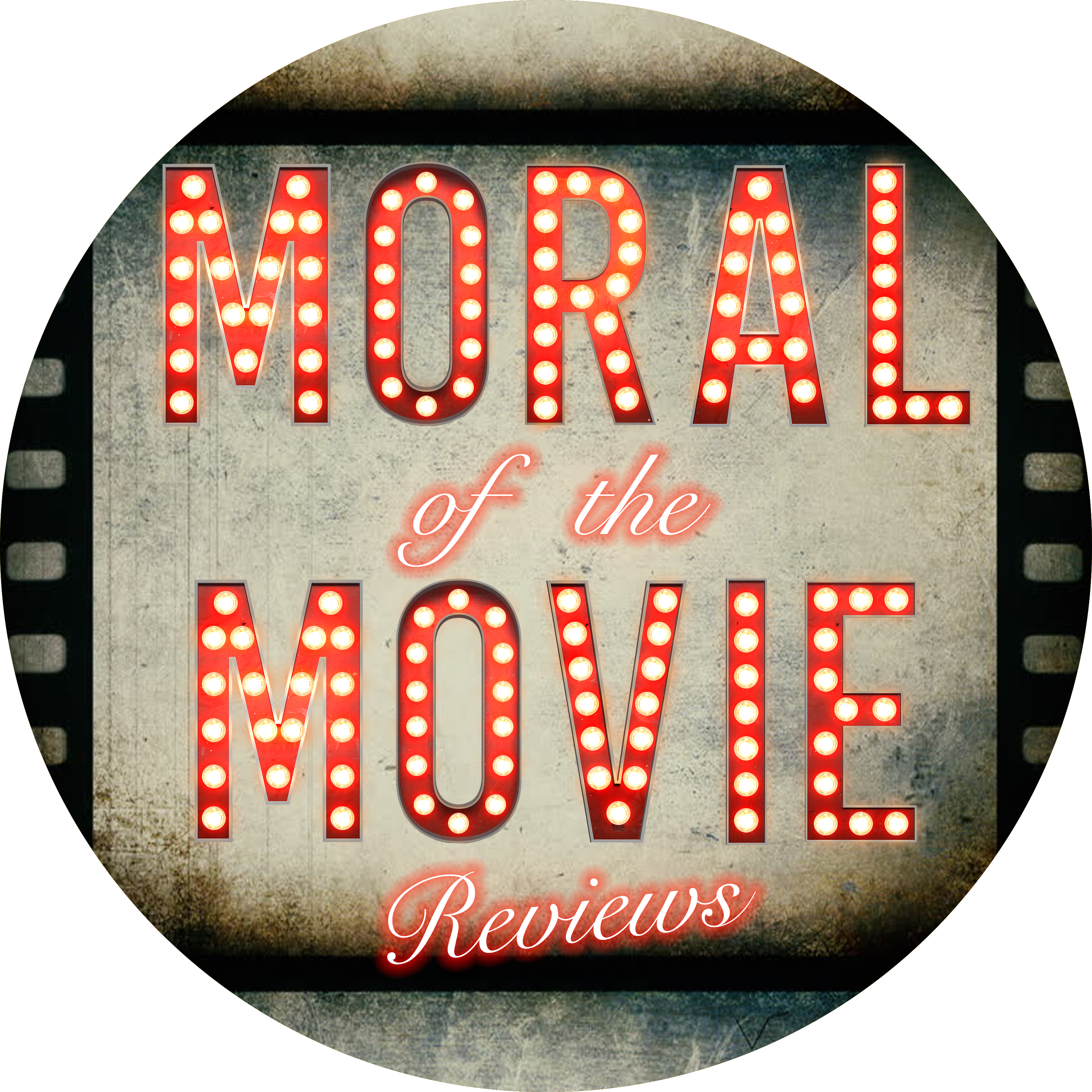
Moral of the Movie - Review
City of God (2002)
Crime Drama, Directed by Fernando Meirelles & Kátia Lund | Rating: Marriage Material | Published: Sept. 2, 2022, 10:36 a.m.

|

|
MORAL OF THE MOVIE
Children are often products of the world they were brought up in, but different personalities can emerge from the same circumstances. In other words, your circumstances can define who you are and your actions/goals but you can also choose to define yourself as something other than a victim of circumstances; rather, as someone who achieved what they did despite their circumstances, not because of them.
WHO I THINK WOULD MOST ENJOY THIS MOVIE
Anyone who is intrigued by gritty movies that depict true events, people, and locations with a unique style that combines both the entertainment factor and raising awareness of important sociopolitical issues worldwide.
ADDITIONAL NOTES/COMMENTARY
Nominated for 4 Oscars (Directing, Adapted Screenplay, Cinematography, Film Editing), City of God is one of the best foreign-language movies in film history. For me, it is one of the best movies, in general. I actually wrote a paper on this movie a while ago in a Global Cinema college course and wanted to share an excerpt of it because I think it’s rather fitting to the declared moral of the movie: “City of God is loosely based on the undeclared war in Rio de Janeiro between 1987 and 2001 where children were heavily involved in the war between different gangs and law enforcement... At the time, drug lords/traffickers were seen as Robin Hood figures (similar to Pablo Escobar) in their communities, and children looked up to them when they helped the community in ways that the government didn’t such as providing safety, food, money, and entertainment to the locals. As a result, many kids grew up idolizing drug traffickers to then join their gangs, and according to a report by Brazil’s Institute of Religious Studies, approximately 3,937 children under 18 years of age were killed because of the drug-related conflict.” In that paper, I argue that the children of the film are the windows to the ongoing sociopolitical issues of their time. Children are often the most easily influenced members of any community due to their growing minds and immature world-views, so they can be easily swayed one way or the other without proper guidance or mentorship. For those same reasons however, children are often the first to be affected directly by sociopolitical issues in their communities. This film puts that argument on the spotlight as brutally yet stylistically as possible to make a very real yet devastating point: the endless cycle of drugs, violence, and crime are maintained by the influenced kids of the communities that are most affected. Most of the time, they don’t see a way out, so they become a part of the cycle. Furthermore, there is a branch of film theory that emphasizes the importance of surface crime (the literal crimes that we see in film) and deep crime (the larger sociopolitical issues that they represent). City of God’s surface crimes include murder, drug consumption, and youth involvement in crime, but they reveal the deep crimes of apathetic government/law enforcement (with those involved being corrupt or showing contempt for people in the slums), indifference of the elite and most of the media (with the rest only being superficially interested), and a general disregard for the poor families in need in the favelas that were such an ongoing issue in contemporary Brazil. This film is in no way a feel-good movie as it sheds light on very real and still ongoing issues that aren’t necessarily specific to Rio de Janeiro, but there is a ray of optimism in its protagonist, Rocket. He embodies the glass half full side of the movie’s moral whereas the film’s antagonist, Lil Ze’, embodies the glass half empty side of things. As such, this film shows two polar opposite outcomes of the effects of living in forgotten and abandoned communities with a grueling sense of realism, but doesn’t shy away from offering bits of hope for the minority that can escape their circumstances and become something else. Another of the film’s arguments though is that there needs to be drastic improvements in combating corruption and helping those in need on a larger scale in order for people like Rocket to become the majority. Analyzing the film’s cinematic experience, there is a very thoughtful yet stylish way that Dir. Meirelles handled the approach to such heavy stuff. From the cinematography to the incredible editing, the film is a visual masterpiece as well as a storytelling one. Every character is given proper background such that you see where everyone is coming from and why they do what they do even if you don’t necessarily agree with their actions. Overall, City of God will offer a unique cinematic experience for first-time viewers that will be as entertaining as it is heartbreaking (yet slightly optimistic) to watch.
Sign Up For Updates!
Never miss the opportunity to learn a moral from film, television, and video games again! Submit your name and e-mail to receive updates whenever a new post is published!
Subscribe to the newsletter!